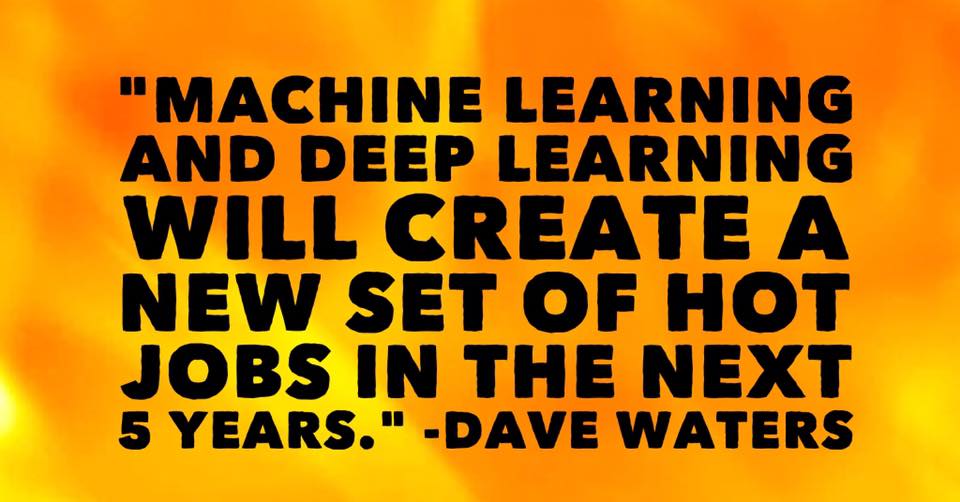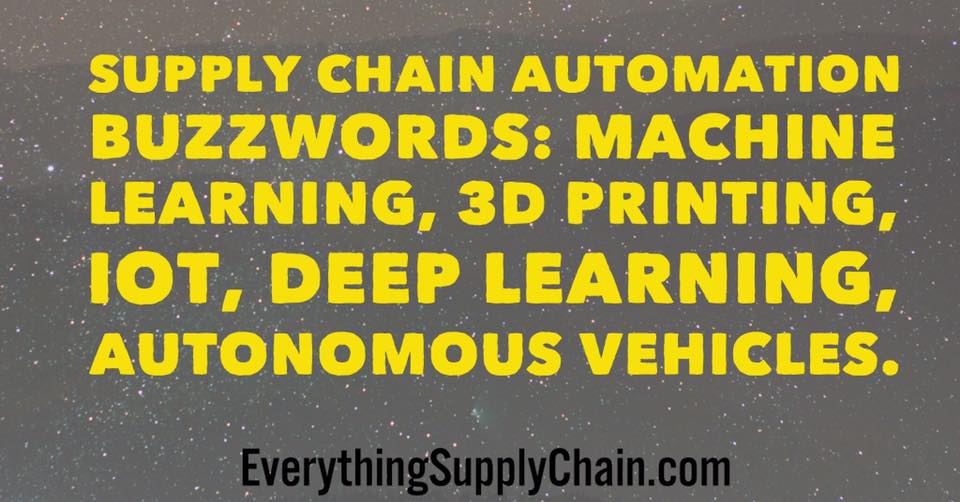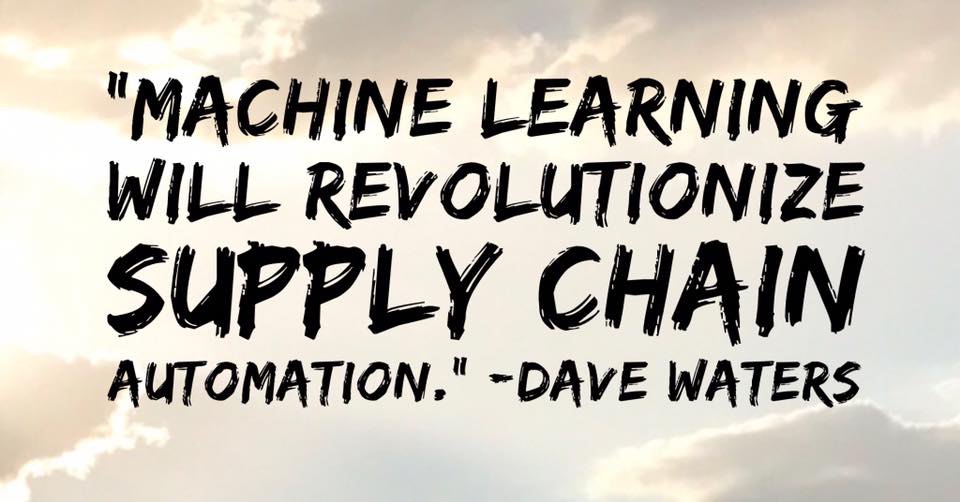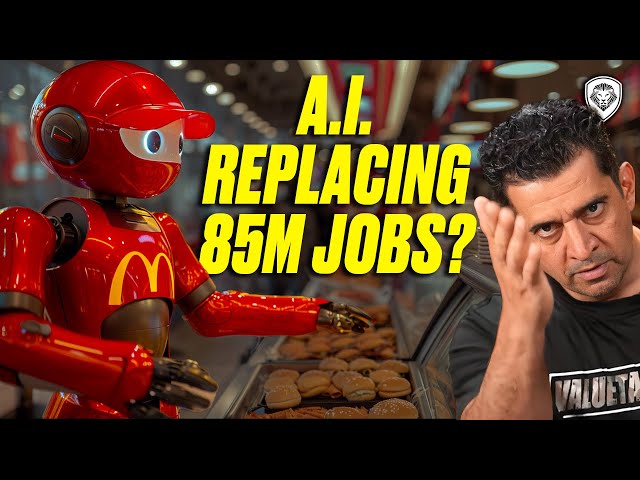What is Machine Learning?
Machine learning is a subset of artificial intelligence that involves the use of algorithms and statistical models to enable computers to learn and improve their performance over time without being explicitly programmed.
In machine learning, an algorithm is trained on a large dataset, and it uses this data to learn patterns and relationships that allow it to make predictions or decisions. As the algorithm is exposed to more data, it can continue to learn and improve its performance.
There are several types of machine learning, including:
- Supervised learning: In this type of machine learning, the algorithm is given labeled data and a set of desired outputs, and it learns to predict the outputs for new, unlabeled data.
- Unsupervised learning: In this type of machine learning, the algorithm is given unlabeled data and must learn to identify patterns and relationships within the data on its own.
- Reinforcement learning: In this type of machine learning, the algorithm is given a goal and must learn through trial and error how to achieve it.
Machine learning is used in a wide range of applications, including image and speech recognition, natural language processing, and fraud detection, and it has the potential to transform many industries by enabling computers to learn and make decisions on their own.
Advantages and Disadvantages of Machine Learning
There are a number of potential advantages to using machine learning, including:
- Improved efficiency: Machine learning can help organizations automate tasks and processes, leading to improved efficiency and cost savings.
- Enhanced decision-making: Machine learning can also help organizations make more accurate and informed decisions by analyzing large amounts of data and identifying patterns and trends that may not be easily discernible by humans.
- Improved accuracy: Machine learning algorithms can be trained to make predictions or perform tasks with a high degree of accuracy, which can lead to improved outcomes and cost savings.
- Increased automation: Machine learning can help organizations automate tasks and processes, freeing up human workers to focus on more complex or value-added tasks.
There are also some potential drawbacks to using machine learning, including:
- Complexity: Implementing and maintaining machine learning systems can be complex and require specialized skills and expertise. This may require significant investment in training and resources.
- Bias in data: Machine learning algorithms can be biased if the data they are trained on is biased. This can lead to incorrect or biased outcomes.
- Dependency on technology: Machine learning systems rely on technology and connectivity, which can be vulnerable to outages or disruptions. Organizations using machine learning must consider the risks associated with this dependency.
- Ethical concerns: The use of machine learning can also raise ethical concerns, such as the potential for job displacement or the need to ensure that the technology is not used to discriminate against certain groups of people.
Cost Savings: Machine Learning
There are a number of ways in which machine learning can help organizations save costs, including:
- Improved efficiency: Machine learning can help organizations automate tasks and processes, leading to improved efficiency and cost savings.
- Improved accuracy: Machine learning algorithms can be trained to make predictions or perform tasks with a high degree of accuracy, which can lead to improved outcomes and cost savings.
- Reduced errors: Machine learning can help reduce the risk of errors in tasks or processes, which can save on costs associated with correcting mistakes or recovering from errors.
- Increased automation: Machine learning can help organizations automate tasks and processes, freeing up human workers to focus on more complex or value-added tasks, which can lead to cost savings.
Advice for machine learning beginners
Machine Learning Supply Chain Quotes.
- “The ultimate search engine would understand everything in the world. It would understand everything that you asked it and give you back the exact right thing instantly. You could ask ‘what should I ask Larry?’ and it would tell you.” ~Larry Page
- “I’m increasingly inclined to think there should be some regulatory oversight, maybe at the national and international level just to make sure that we don’t do something very foolish.”~Elon Musk
- “Imagine if you could meet 1,000 people a day, remember all their names, know everything about them documented in social media and public records, and repeat this day after day. What could be done with all this information? Silly to think about because a human could not do this… but artificial intelligence can.” ~Dave Waters
- “We can’t really predict what might happen next because superintelligent A.I. may not just think faster than humans, but in ways that are completely different. It may have motivations — feelings, even — that we cannot fathom. It could rapidly solve the problems of aging, of human conflict, of space travel. We might see a dawning utopia. Or we might see the end of the universe.” ~Rick Paulas
- “Artificial intelligence is based on the assumption that the mind can be described as some kind of formal system manipulating symbols that stand for things in the world. Thus it doesn’t matter what the brain is made of, or what it uses for tokens in the great game of thinking. Using an equivalent set of tokens and rules, we can do thinking with a digital computer, just as we can play chess using cups, salt and pepper shakers, knives, forks, and spoons. Using the right software, one system (the mind) can be mapped onto the other (the computer).” ~George Johnson
- “Artificial Intelligence and machine learning will be rampant in the digital supply chain” ~Dave Waters
- “Be a supply chain innovator. Research Internet of Things (IoT); Machine Learning; Deep Learning, Big Data, Blockchain, Drones, Augmented Reality, Artificial Intelligence…” ~EverythingSupplyChain.com
Artificial Intelligence, Machine Learning, Deep Learning Supply Chain Resources.
- 5 Mind-blowing Artificial Intelligence Tools.
- AI & Machine Learning Quotes from Top Minds.
- AI Supply Chain Quotes.
- Amazon Jeff Bezos on Artificial Intelligence, Machine Learning and Deep Learning.
- Artificial Intelligence and Deep Learning Quotes.
- Beginners Guide to Machine Learning – Multiple Tutorials.
- Best Artificial Intelligence Quotes.
- Best ChatGPT Quotes.
- Big Data Analytics for supply chain beginners.
- Deep Learning: Big Data Intelligence.
- Elon Musk Artificial Intelligence Destroys Champion Gamer.
- Future of Artificial Intelligence.
- Artificial Intelligence Soldiers – Artificial Intelligence Soldiers.
- Intro to Deep Learning – How to Make a Prediction.
- Machine Learning Basics Course for Beginners.
- Machine Learning Introduction.
- OpenAI’s ChatGPT Explained.
- Smart Supply Chain: Leveraging IoT and Big Data.
- Understand the Blockchain in Two Minutes.
- Understanding Artificial Intelligence in Supply Chain.
AI Is Disrupting Every Industry.
The Future of AI in the Workplace. Robots taking Jobs.
AI Will Take Your Job | Mark Cuban.
How AI Is Already Reshaping White-Collar Work.
AI Won’t Replace Humans—But Humans With AI Will Replace Humans Without AI.
Top 10 Biggest Risks of Artificial Intelligence.








